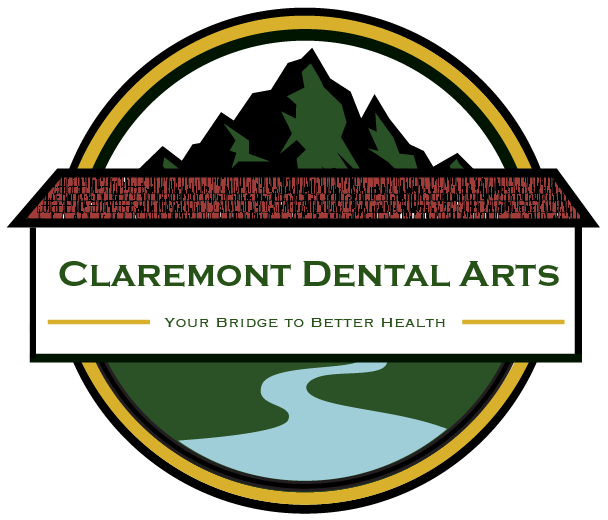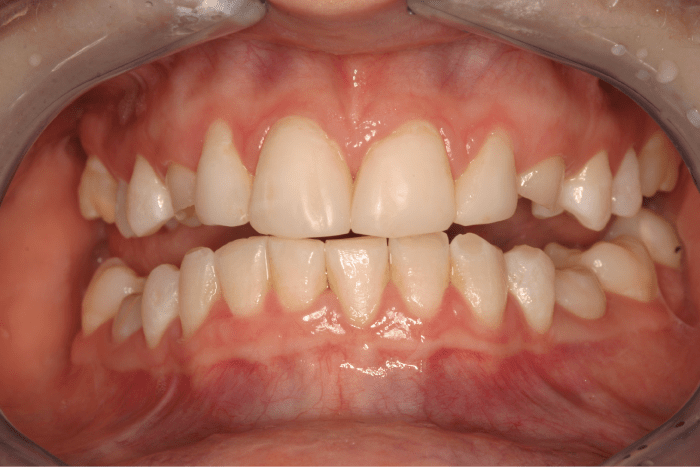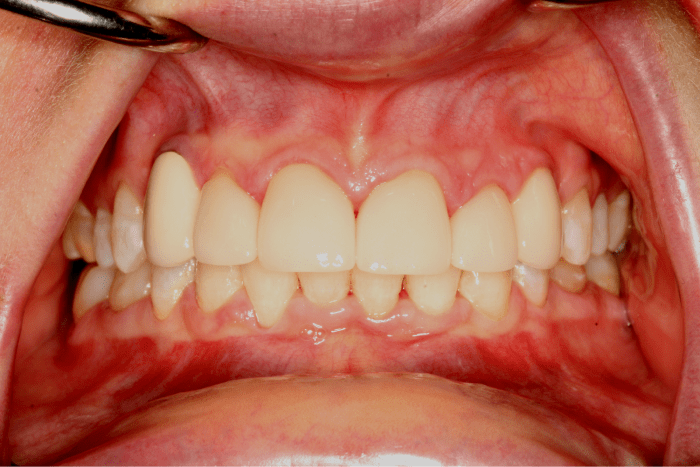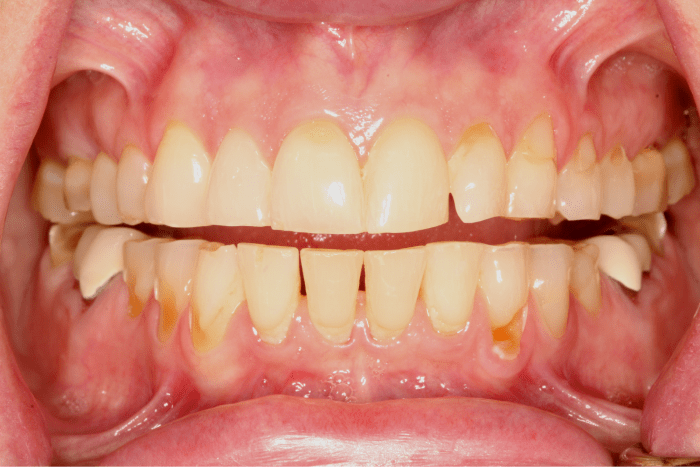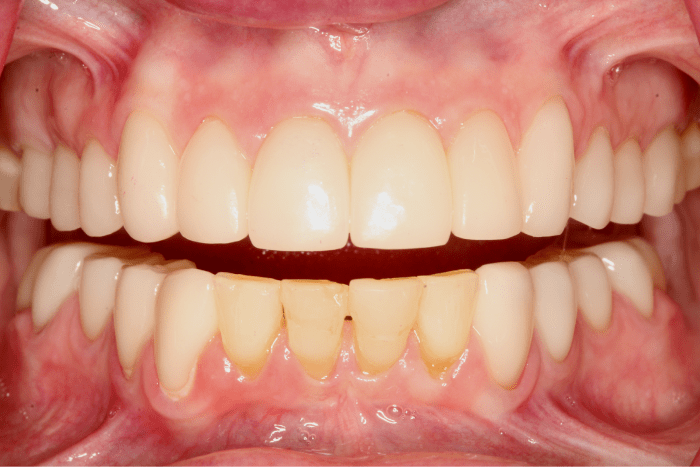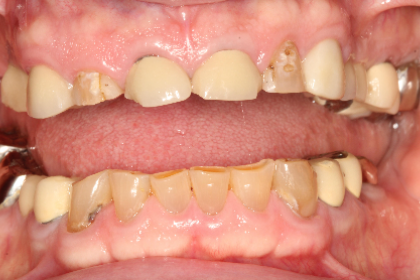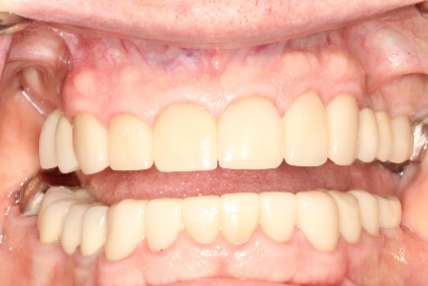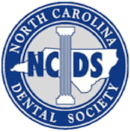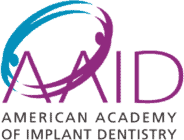Root Canal Treatment Procedure
A deep cavity can give bacteria access to the inner nerve bundle. A crack extending into the same region can create stress that will need additional care to relieve. In some cases, a significant infection may develop in your jaw without any symptoms at all. If Dr. Reese and Dr. Harvey determine that the nerve won’t recover or infection is present, then root canal treatment may be suggested.
Modern anesthetics provide powerful numbing for gentle removal of the inflamed nerve inside the tooth. The nerve canal undergoes disinfection and careful shaping, and a sealer fills the internal space. A filling or crown over the tooth helps return the tooth to its original condition.
But Are They Safe?
Internet articles continue to circulate claiming adverse health effects from root canals, despite years of research proving otherwise. Many of these claims rest on unsubstantiated theories put forward decades ago without any scientific basis. They’ve been thoroughly debunked by the most credible sources, supported by unbiased research projects. In fact, one popular Facebook article sounding a false alarm shakily rests on a 100-year-old study tossed aside long ago.
Professional organizations routinely review a broad range of research projects throughout the world. The American Association of Endodontists stays abreast of all the current and past research and can clearly support the safety of this vital service. In fact, new techniques and materials make root canal treatment more successful than ever. However, even older methods still hold a proven track record, allowing millions of damaged teeth to continue functioning.
Dos and Don'ts After Root Canal Treatment
Dos
- Brush your teeth and floss twice a day.
- Keep track of the swelling on your tooth post root canal treatment.
- Only eat soft food that’s not harsh on your teeth.
- Take pain relievers as recommended by your attending dentist.
Don’ts
- Don’t chew on the treated tooth until you have a permanent filling or crown.
- Avoid excessively hot or cold beverages until the treatment is completed.
- Don’t eat anything until the numbness in your mouth wears off. You might accidentally bite your tongue or cheek.
- Don’t smoke or drink alcohol while recovering.

